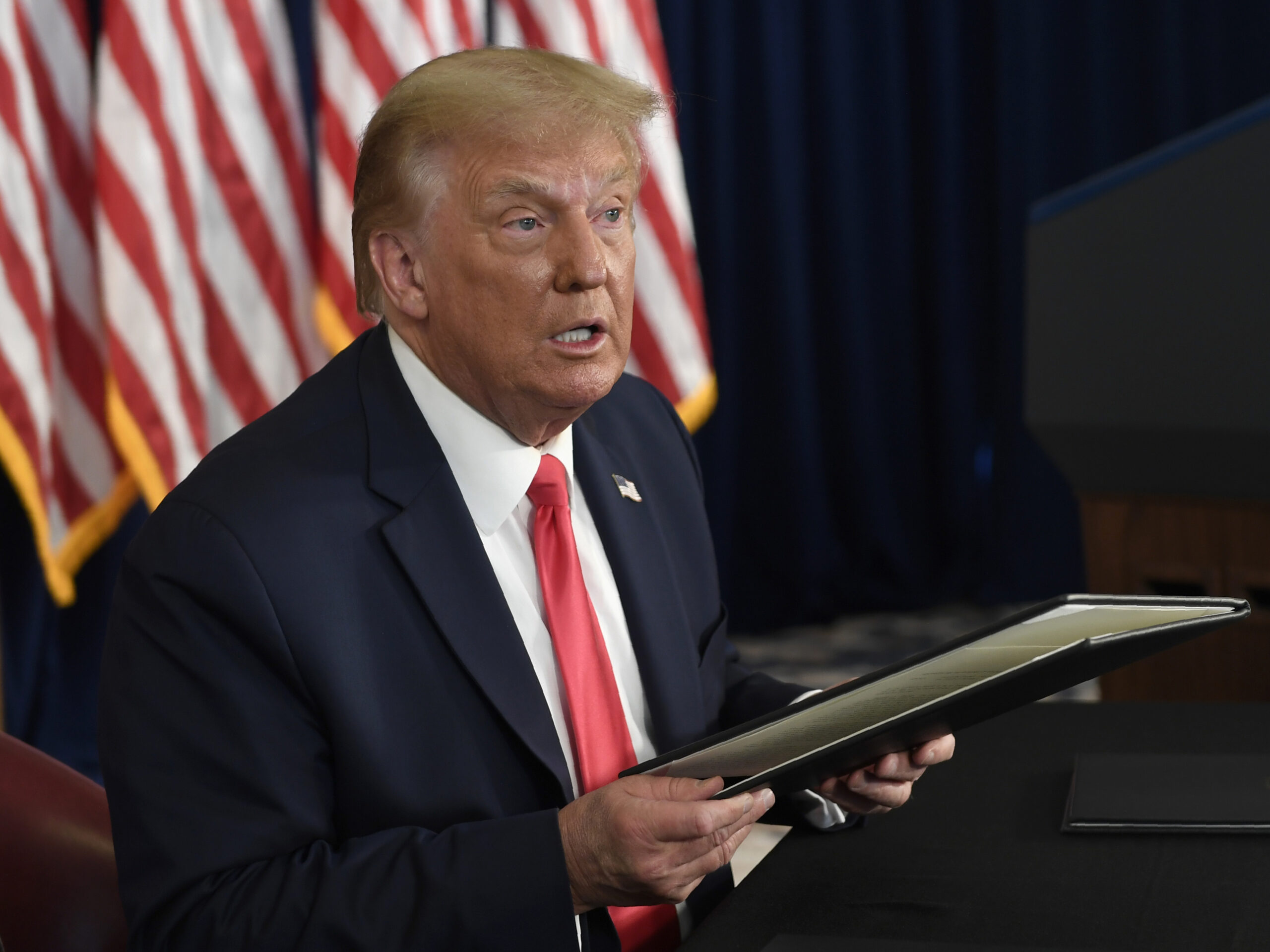Lawmakers could be in a better position to scrutinize tax breaks in Georgia under a bill moving forward in the state Senate.
The Senate Finance Committee on Monday voted unanimously to pass Senate Bill 302, which would let lawmakers request analyses of up to 10 tax breaks each year. It moves to the full Senate for more debate. The requests would go to the governor’s Office of Planning and Budget, which would then hire outside firms.
“We need to be looking at this like other states have,” said Senate Finance Committee Chairman Chuck Hufstetler, a Rome Republican. “Some states do better than others, and we can do better here at making sure we’re making the best use of taxpayer dollars.”
The idea is that the review would capture both how much revenue the state is giving up as well as how much economic activity a tax break might be supporting, letting lawmakers decide whether there’s enough benefit from foregone revenue. Lawmakers curtailed three tax breaks after a 2017 committee examined some of them.
The subject has new relevance this year with lagging revenues prompting budget cuts by Gov. Brian Kemp and two highly critical audits of Georgia’s film tax credit. The film tax credit, which rebates up to 30% of a production’s value, cost nearly $900 million in foregone tax revenue last year in exchange for billions in economic activity.
Georgia requires no audit and relatively little documentation of industry spending, though, despite giving out more in subsidies than any other state. One of the audits stated companies have received credits for which they weren’t eligible or which were higher than they had earned.
Hufstetler said Monday’s measure will not preclude efforts to alter the film tax credit this year, although there’s little support to eliminate it.
Gov. Brian Kemp vetoed a similar tax credit review bill last year, saying the examinations should be done by an outside auditor instead of a state agency to make sure the look is objective. Sen. John Albers, a Roswell Republican, said he agreed with Kemp’s point and introduced a new bill this year with that provision.
“I believe this is a much more perfected bill,” Albers told the committee on Monday. “I think it does the things we are hoping to do, which is to seek this data and fact-based decision making going forward.
The leaders of the Senate Finance and House Ways and Means committees could each request up to five reviews a year, which would be ready in time for action in the following session. That’s a downscaling from Albers’ original aim, which was to require an analysis of existing tax breaks over seven years.
The desire for closer scrutiny unifies conservatives like Albers and some liberal-leaning groups such as the Georgia Budget and Policy Institute
“This legislation is a strong first step to bringing accountability and transparency to the tax code,” institute budget analyst Danny Kanso said in a statement. “Right now, the state forgoes nearly $10 billion in loopholes and special-interest tax breaks each year but has no effective way to measure the return on investment to Georgia taxpayers.”
Lawmakers could request reviews of proposed laws, but it wouldn’t be required for a new tax break. Hufstetler said after the meeting that he hoped existing fiscal notes created by the state auditor that try to estimate budget effects would be beefed up as well. ___
Follow Jeff Amy on Twitter at http://twitter.com/jeffamy.









